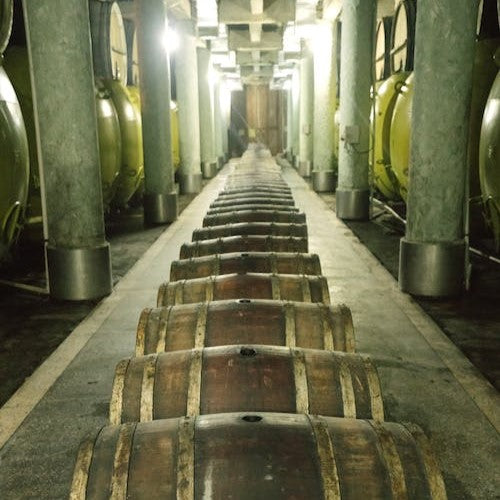The consumption of American craft whiskey has increased greatly in recent years. Small-batch, locally sourced products are becoming increasingly essential to consumers, and this trend has led to the rise of craft distilleries. Both economically and culturally, the towns surrounding these distilleries benefit greatly from the high-quality spirits they create.
Craft whiskey is generally understood to refer to whiskey made in limited quantities utilizing time-honored techniques. Craft distilleries, in contrast to industrial makers of whiskey, are often smaller operations with a focus on quality rather than quantity. Customers, who are increasingly concerned with both supporting local businesses and minimizing their environmental impact, have responded well to this emphasis on quality and proximity.
The economic impact of craft whiskey is one of the most notable. Direct and indirect employment opportunities are generated by small-scale distilleries. Employees are needed to operate the stills, bottle the whiskey, and oversee the commercial side of the distillery. Local farmers could be hired to produce the grains used in the whiskey, and shops in the vicinity could stand to gain from an influx of tourists.
Local real estate values may also increase as a result of proximity to a craft distillery. The American Craft Spirits Association published a research showing that communities containing craft distilleries had an average 34% boost in property prices. A higher tax base results in more money for municipal services like schools and parks as a result of rising property values.
Craft distilleries can have an effect on local culture in addition to the economy. The community-building and bonding effects of events and tastings hosted by the growing number of craft distilleries are well-documented. Whiskey clubs, where fans gather weekly to sample and debate various whiskeys, are gaining popularity. Craft whiskey clubs help bring individuals together around a shared interest and provide an environment conducive to exploring the complexities of the spirit.
Local communities may also take pride in their craft whiskey. Many craft distilleries take great satisfaction in making their whiskey the old-fashioned way, with materials sourced from the area. Putting an emphasis on local production and quality can inspire civic pride and strengthen a sense of belonging among inhabitants. It is important to emphasize the fact that not all microdistilleries create spirits of the same excellent quality. Some small distilleries may put more emphasis on advertising than on producing top-notch whiskey, and others may not place a high enough value on either ethical sourcing or environmental responsibility. Consumers should do their homework to make sure their beliefs align with those of a particular artisan distillery before deciding whether or not to back the company.
There are several ways in which craft whiskey has benefited our culture and economy. Craft whiskey distilleries, especially those on a smaller scale, can be beneficial to the environment. Unlike their large-scale industrial counterparts, artisan distilleries are known for their use of locally produced ingredients and time-honored distilling techniques. As a result, fewer fossil fuels are consumed and emitted. Craft distilleries can reduce their environmental impact by adopting practices like utilizing less water and alternative energy.
The local craft whiskey industry has the potential to boost the region's agricultural economy. Most craft distilleries source their grains and other ingredients from local farms. This is beneficial to the local economy and encourages environmentally friendly farming practices among the farming community. Craft breweries can also be referred to as microdistilleries. By decreasing the need for transportation as well as the use of pesticides and other chemicals, this focus on local sourcing can also assist to lessen the detrimental impact that agriculture has on the surrounding environment.
In the end, the towns that are home to small-batch distilleries and American artisan whiskey benefit greatly from their presence. Economically, they're helpful, agriculturally, and potentially even for property values and tourism. Local communities have the potential to be strengthened by the unification and identification of their residents via the use of craft whiskey. Consumers should do their homework to choose a craft distillery that shares their ideals before giving their money to them. Consumers can aid in the development of more robust local communities by showing their appreciation for craft distilleries that prioritize quality and sustainability. Joining a local whiskey club is a fantastic way to broaden your knowledge of the spirit and make connections with like-minded individuals.
